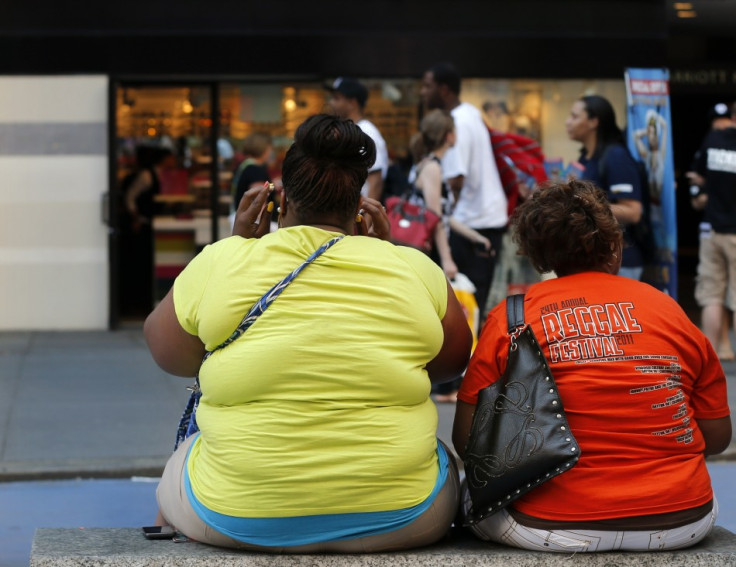Why Diets Make People Miserable: Coming off Fatty Foods Similar to Drug Withdrawal

It's not even here yet but some people are already thinking about their post-Christmas diet - and about how miserable that will make them feel.
Scientists say that the "downer" experience occurs because going on a low-fat diet after eating fatty and sugary foods leads to a chemical change in the brain associated with depression.
Researchers at the University of Montreal found that eating fatty and sugary foods causes changes in the brain so that when people then go on a diet, the experience is similar to going through drug withdrawal.
Stephanie Fulton, of the university's Faculty of Medicine, said: "By working with mice, whose brains are in many ways comparable to our own, we discovered that the neurochemistry of the animals who had been fed a high-fat, sugary diet was different from those who had been fed a healthy diet.
"The chemicals changed by the diet are associated with depression. A change of diet then causes withdrawal symptoms and a greater sensitivity to stressful situations, launching a vicious cycle of poor eating."
Scientists made one group of mice chubby by feeding them a diet where 58 percent of the calories came from fat. Their waists increased by 11 percent.
Food for thought
There was also a control group that was fed a healthy diet. The researchers evaluated the mice by rewarding them with food and recording the resulting behaviour.
The fat mice showed signs of anxiety and had higher levels of corticosterone, a hormone associated with stress.
Researchers also examined the levels of dopamine, the "feel good" hormone, which also encourages learned behaviours. CREB is the molecule that is involved in the production of dopamine.
CREB was more active in the high-fat mice. "This explains both the depression and the negative behaviour cycle," Fulton said.
"These findings challenge our understanding of the relationship between diet, the body and the mind. It is food for thought about how we might support people psychologically as they strive to adopt healthy eating habits, regardless of their current corpulence."
© Copyright IBTimes 2025. All rights reserved.






















